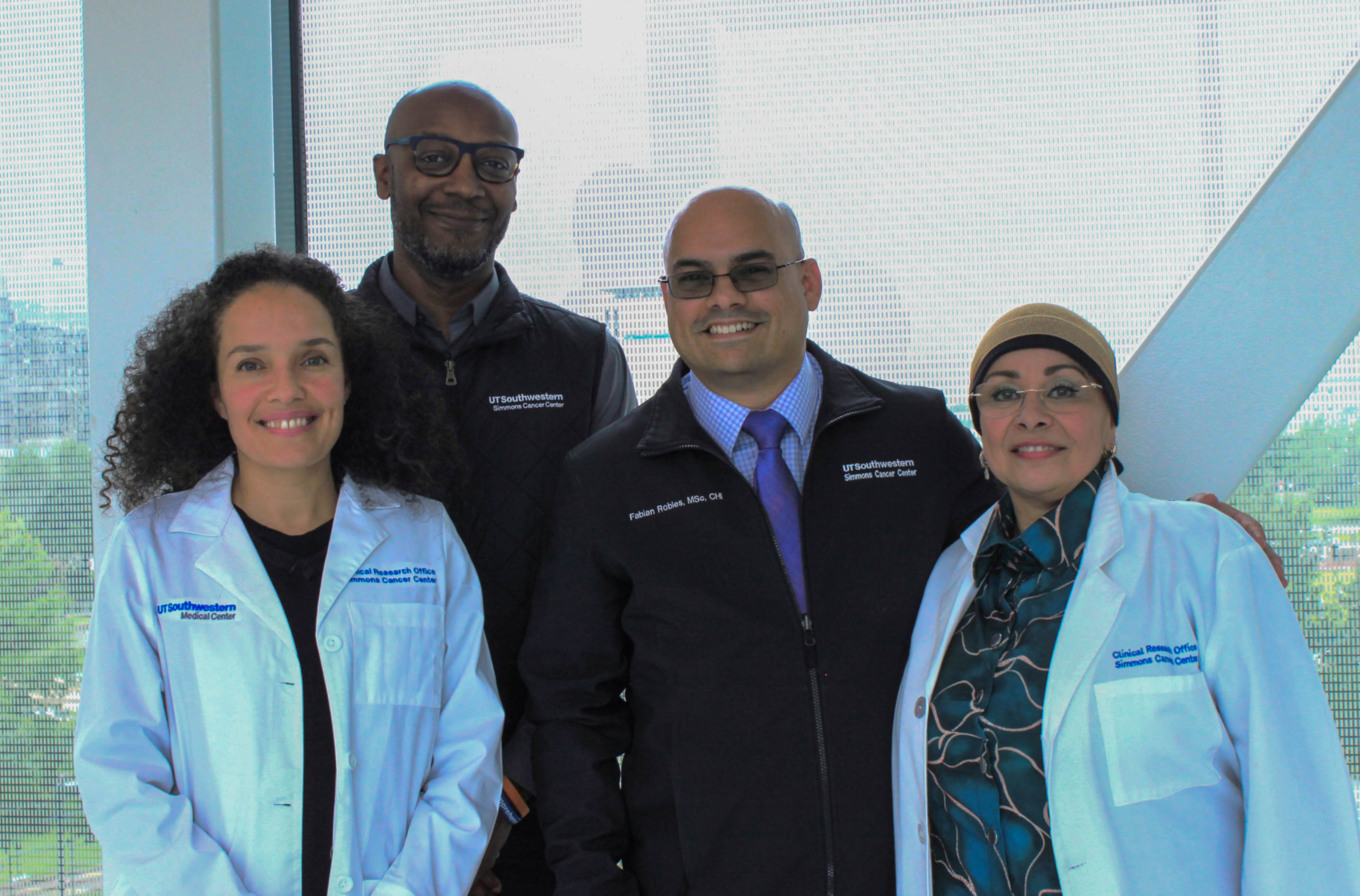What Is a Clinical Trial?
A clinical trial is a study that doctors and researchers use to find new and better ways of treating, preventing, and managing health conditions. Patients – and their loved ones – can volunteer to be part of clinical trials and become actively involved in the process of developing new and better treatments.
You might want to join a clinical trial to get access to treatment options that aren’t available elsewhere. You might also want to join a trial if your treatment has been effective and you’d like to help doctors and researchers learn more about other options. We have healthy volunteers who participate just to help others benefit from the knowledge gained from the studies.
If there’s a clinical trial that interests you, the first step is to talk to your doctor, who will help determine if you’re eligible.
At Simmons Cancer Center, numerous resources are available to patients to ensure they benefit from recent scientific progress by participating in cancer clinical trials.





